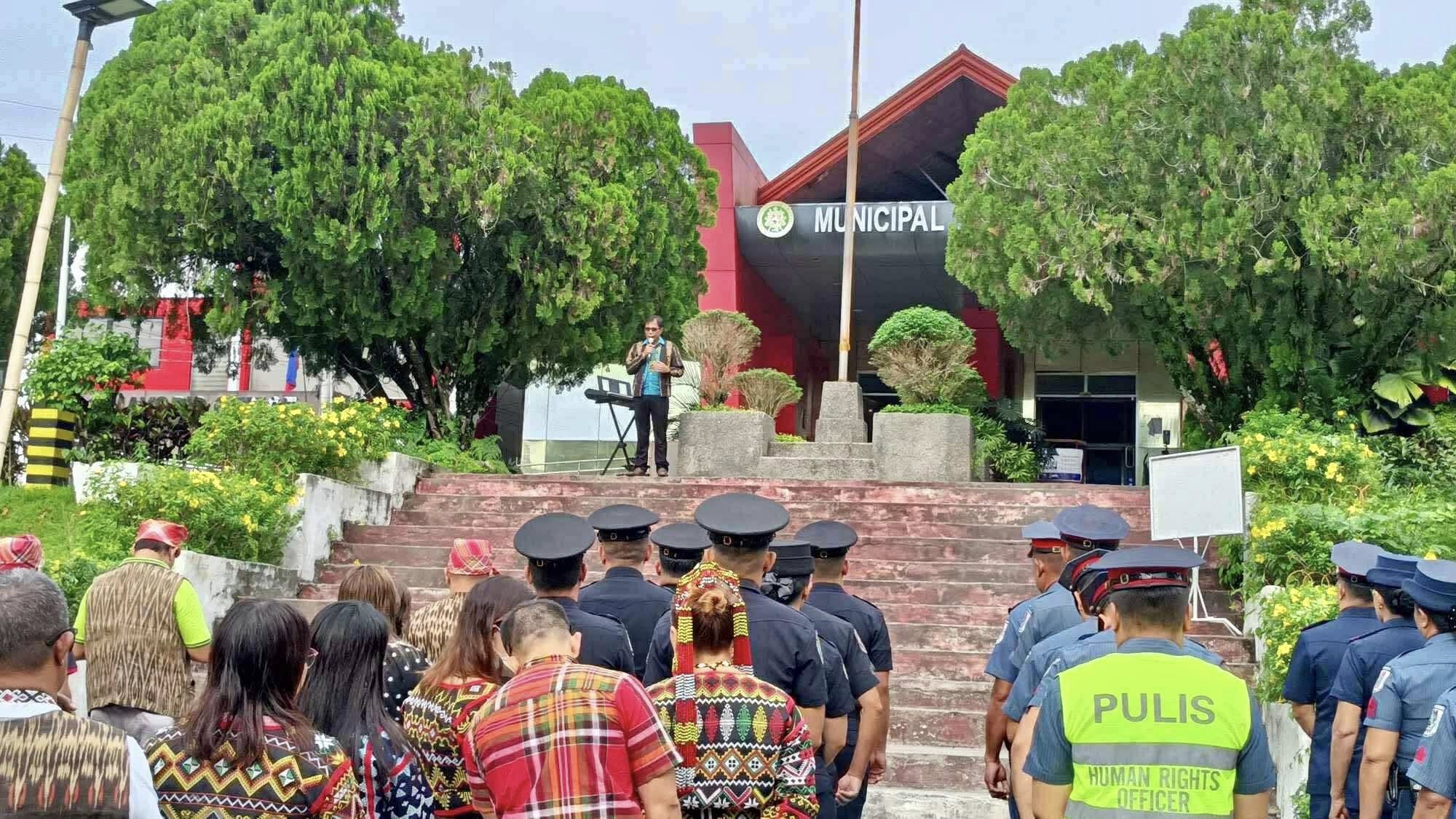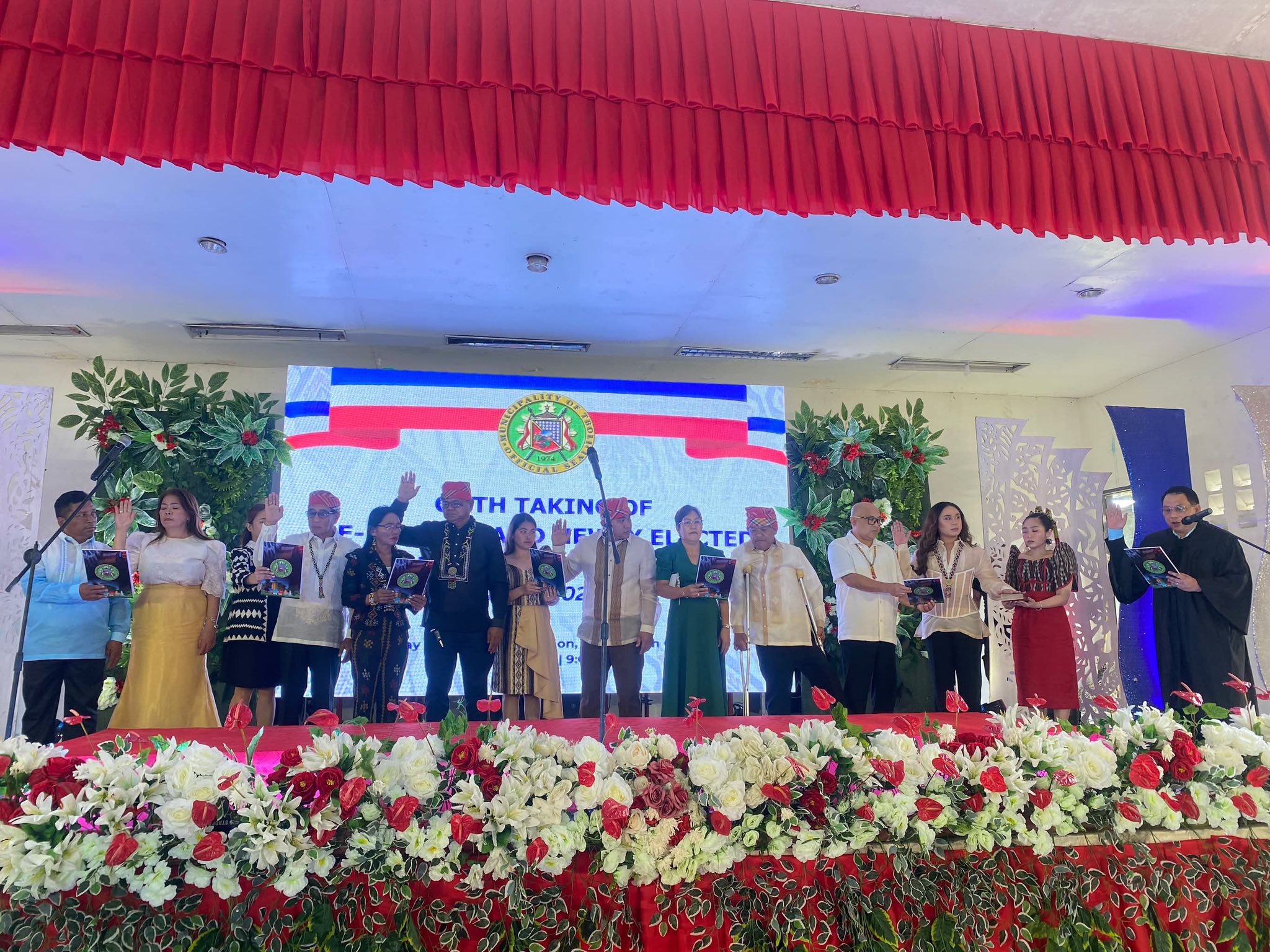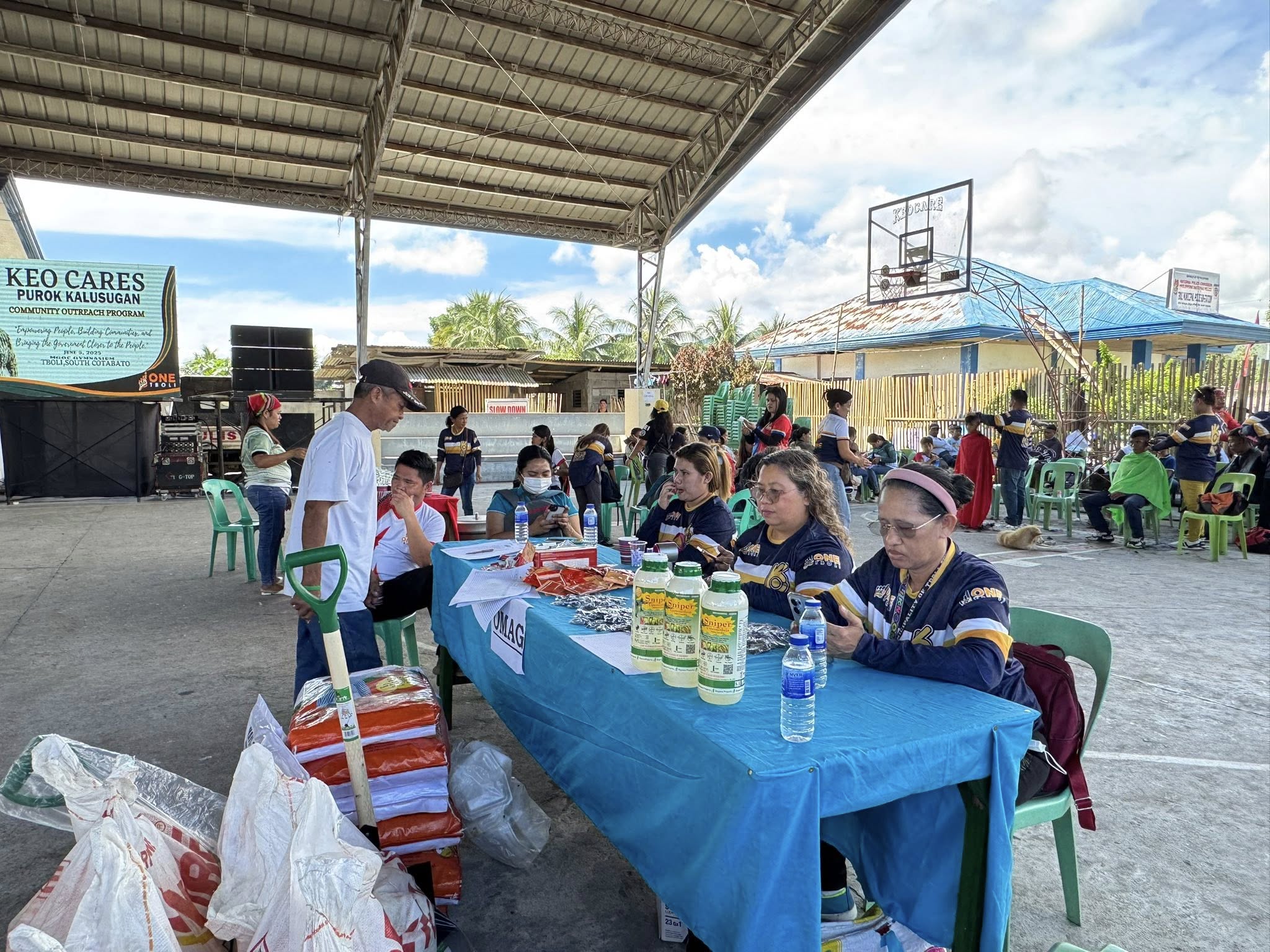Tbolis The Municipality of Tboli came into existence by virtue of President Decree No. 407 with Kematu designated as the seat of its government. Signed by President Ferdinand E. Marcos, on March 5, 1974, the law defined the boundaries of the municipality and ceded an area of 130,500 hectares more or less being carved out eleven (11) barrios from the seven (7) municipalities of the province of South Cotabato namely: Banga, Kiamba, Maasim, Polomolok, Surallah, Maitum and Tupi.
The Tboli, also known as Tagabili, are an indigenous group primarily residing in South Cotabato, Mindanao, Philippines. They are known for their unique culture, intricate weaving (particularly t'nalak), and rich oral traditions, including legends about their origins. Historically, they've navigated interactions with other ethnic groups, including periods of conflict and resistance against external influences.
Origins and Migration:
- The Tboli are believed to be descendants of proto-Malay peoples who migrated to the Philippines, possibly through balangay expeditions.
- One Tboli legend tells of their ancestors surviving a great flood, with only two couples remaining faithful to a warning from the god Dwata, according to ThingsAsian.com.
- Historically, the Tboli inhabited the highlands of the Alah Valley, but were later pushed towards the foothills and coastal areas due to the influx of other groups and the establishment of settlements.
Social Structure and Beliefs:
- Tboli society is traditionally patriarchal, with the father as the head of the household.
- Family and kinship play a central role in their social structure.
- Their traditional beliefs involve a complex system of deities and spirits called "D'wata," who are propitiated through rituals and offerings led by shamans.
- Marriage customs are often arranged by parents, sometimes even in infancy, and involve a series of rituals and negotiations.
- Weaving: The Tboli are renowned for their intricate t'nalak cloth, a textile woven from tie-dyed abaca fibers. The designs are believed to be received in dreams, inspired by the goddess Fu Dalu.
- Metalwork: The Tboli also have a tradition of metalworking, particularly in brass casting using the lost-wax method.
- Rituals and Ceremonies: Tboli rituals, like the moninum, are important social events often associated with marriage but also involve the exchange of wealth.
- Music and Dance: Tboli music and dance are integral to their culture, used in ceremonies, celebrations, and storytelling.
Historical Interactions:
- The Tboli, along with other groups like the Blaan and Tiruray, resisted the influence of Muslim groups from Maguindanao, particularly during the expansion of the Maguindanao Sultanate.
- They also faced challenges from encroaching settlers and the expansion of agricultural lands, leading to displacement and cultural shifts.
- Despite these challenges, the Tboli have maintained their unique cultural identity and continue to practice their traditions.



